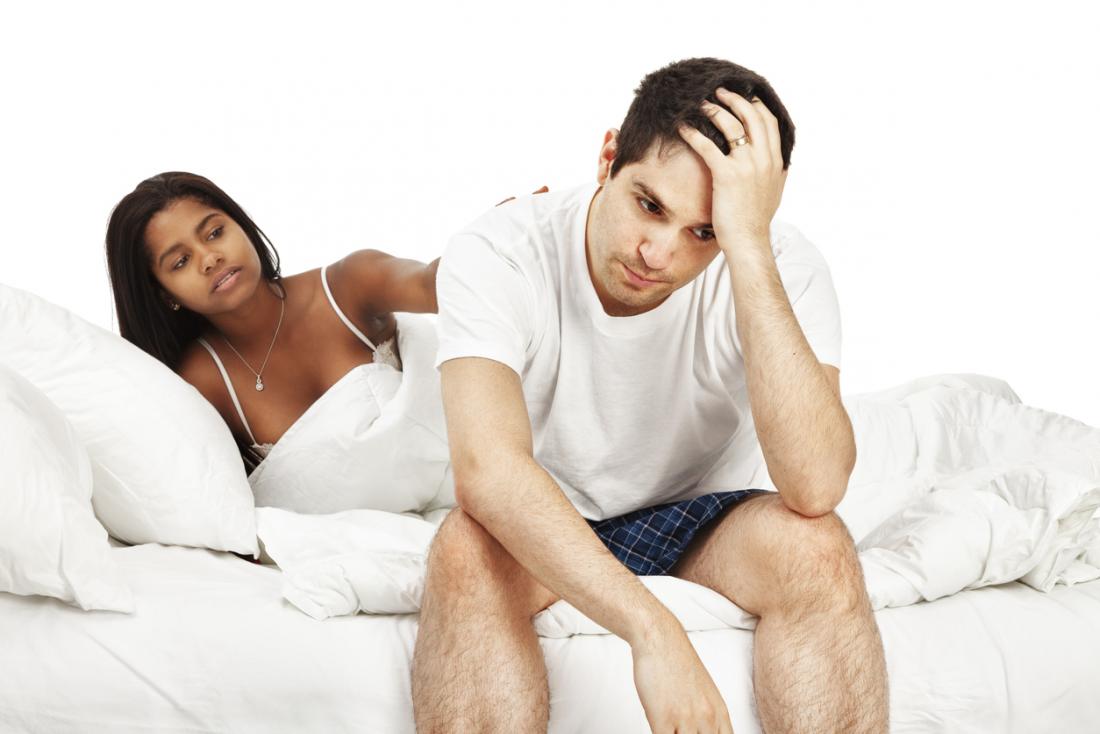
Several elements are needed for a man to achieve and maintain an erection. A breakdown in one or more of these steps means he may not be able to achieve an erection that is firm enough for sex.
It is possible for a person’s hydration levels to influence temporary ED. A lack of sufficient body water can affect a person physiologically and mentally.
The process includes:
- sexual arousal, or the messages sent to the brain that stimulate blood flow to the penis
- increased blood flow into two chambers in the penis called the corpus cavernosum that leads to the penis swelling and becoming erect
- when a man achieves ejaculation, the blood leaves the chambers, and the erection goes away.
When a man is dehydrated, he does not have as much blood volume in his body as when he is properly hydrated. Therefore, his blood vessels become constricted, as there is not enough blood to keep them tense. This impairs blood flow to all parts of the body, including the penis.
Little research has looked at whether dehydration directly causes erectile dysfunction, so further studies are needed.
When a person is dehydrated, their body releases greater amounts of the enzyme angiotensin I, which leads to the blood vessels constricting.
The presence of angiotensin II, which the body makes from angiotensin I, has been associated with sexual dysfunction in animal studies, although more research is needed into how this affects humans.
In addition to the physical effects of dehydration that impact penile erection, mood is also associated with dehydration.
A small scale 2011 study found that mild dehydration was associated with impaired memory, tension, and anxiety in men.
Symptoms of dehydration
A person’s fluid needs may vary based on their body size, physical activity level, and exposure to warm temperatures.
When a person is mildly dehydrated, they may experience symptoms that include:
Drinking enough water can help a person feel better on several levels, including sexual performance. A person should drink enough water, so their urine is clear in color, and they do not feel thirsty.
If a person does not drink water or other fluids when they start having signs of dehydration, they may progress to severe dehydration. This can turn into a medical emergency.
Source:
https://www.medicalnewstoday.com/articles/321795.php